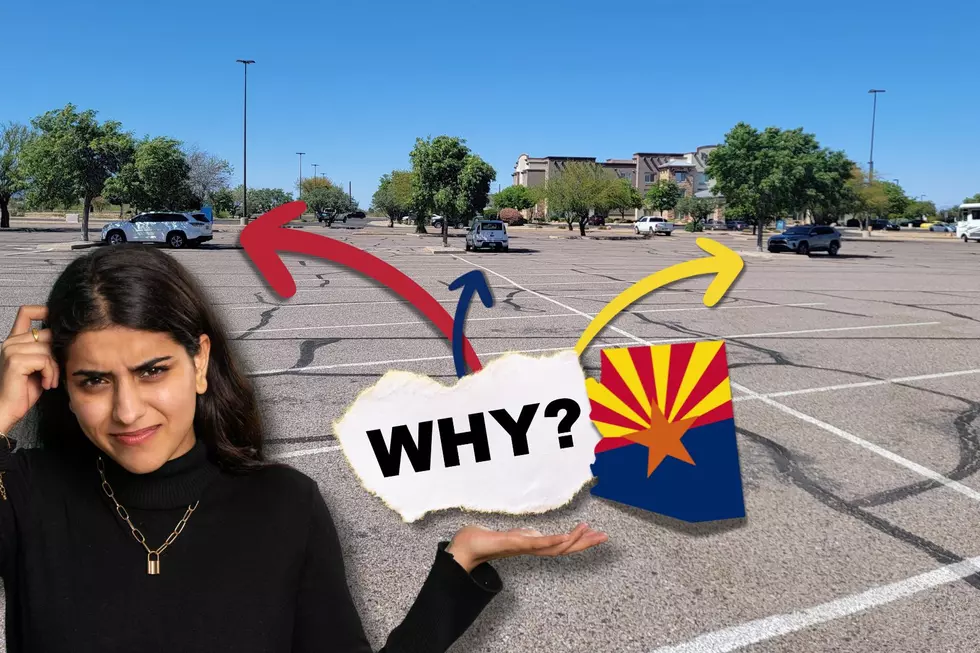
A Right to Remain Silent? How a Violent Legal Case in Arizona Set US Law
- Learn how a case in Arizona sparked precedent for a law across the country
- Law enforcement has to say these words when arresting someone
- The Miranda Warning protects the 5th and 6th Amendment rights of citizens
It's a familiar part of any television crime drama. As police arrest the perp, they begin reciting these words:
- You have the right to remain silent.
- Anything you say can and will be used against you in a court of law.
- You have the right to an attorney.
- If you cannot afford an attorney, one will be appointed for you.
According to the website, USConstitution.net, the exact words vary a little depending on jurisdiction, but the spirit is the same. This statement is known as the Miranda warning, and did you know it has a connection to Arizona?

You Have the Right to Remain Silent: How the Miranda Warning is Connected to Arizona
On March 13, 1963, 24-year-old Ernesto Arturo Miranda was arrested by the Phoenix Police Department, according to Wikipedia. The arrest was based on circumstantial evidence that linked him to a case involving the kidnap and rape of an 18-year-old woman
After Miranda was identified by the victim in a police lineup, Phoenix police questioned him for two hours without a lawyer.
His confession and signed written statement were later used as evidence against him in court.
History.com explains that Miranda's lawyers argued he had not been informed of his rights to remain silent to avoid self-incrimination and to have a lawyer present during the interrogation. When he lost the court case in Arizona, his lawyers appealed his conviction to the United States Supreme Court.
It Began in Arizona: How the Miranda Warning Was Born
Miranda’s lawyers appealed his conviction. They argued his confession was acquired in violation of his Fifth Amendment right against self-incrimination and his Sixth Amendment right to counsel.
In 1966, Miranda v. Arizona reached the Supreme Court, which ultimately ruled in favor of Miranda by a 5-4 vote.
According to the decision, the Supreme Court decided that the prosecution could not use statements made by suspects under custodial interrogation unless they were given the Miranda warning, or unless they waived their rights voluntarily, knowingly, and intelligently.
The landmark Miranda decision sparked debate over the balance between the rights of the accused and the interests of law enforcement. The law has become a precedent, inspiring similar laws in countries like Canada, Australia, and the United Kingdom.
See Also: Don't Park in Front of My House! What's the Law in Arizona?
LOOK: What major laws were passed the year you were born?
Gallery Credit: Katelyn Leboff
Uncover Arizona: Discover 11 Fascinating Facts You Never Knew
Gallery Credit: Val Davidson
More From K101



![A Big [Small] Town Feeling! What It’s Really Like to Live in Sierra Vista, Arizona](http://townsquare.media/site/1122/files/2024/05/attachment-110.jpg?w=980&q=75)





